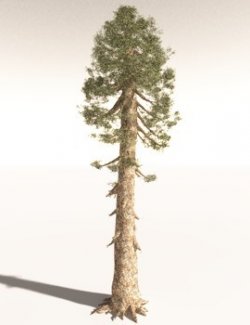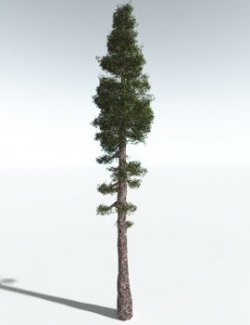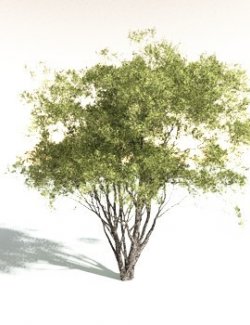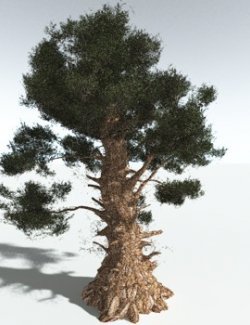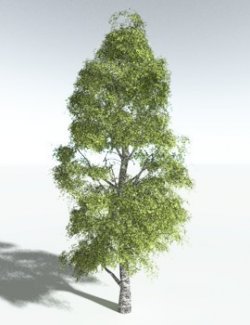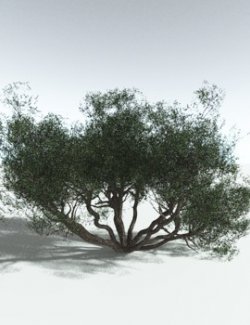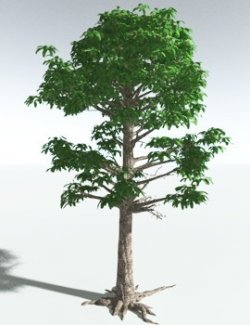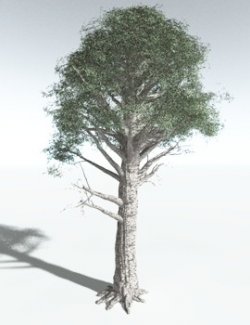Name: Giant Redwood
Scientific: Sequoiadendron gigantum
A.K.A.: Giant Sequoia, Sierra Redwood, Wellingtonia
Notes: These are the largest trees on Earth, though not as tall as the Coastal Redwood (Sequia sempervirens), this tree has a wider girth and a less tapered trunking making it greater by volume. It's a long lived species with the oldest known being 3,200+ years old. While the present day distribution of this species is limited to a small area of California, it was once much more widely distributed in prehistoric times, and was a reasonably common species in North American and Eurasian coniferous forests until its range was greatly reduced by the last ice age. Older fossil specimens have been found in Cretaceous era sediments from a number of sites in North America and Europe, and as far afield as New Zealand and Australia. The Giant Redwood is usually found in a humid climate characterized by dry summers and snowy winters. Most groves are on granitic-based residual and alluvial soils with elevations generally ranging from 1,400–2,150m. This tree occurs naturally only in groves on the western slopes of the Sierra Nevada Mountains of California, however, it is cultivated the world over and notable groves can be found in France, UK, Italy, Northern Europe, Australia and New Zealand.
Presets in this Package: 12 High Poly and 12 Low Poly.
1. Standard. Fully mature and in good health. Useable in most scenes.
2. Thriving. Peak health.
3. Distressed. Declining health with some diseased and broken foliage.
4. Unhealthy. Poor state with considerable foliage missing or diseased.
5. Dying. Just hanging onto life and showing only unhealthy and diseased foliage.
6. Dead. Showing only bare and broken branches and dead foliage.
7. Ancient. Very old plant, larger and considerably gnarled.
8. Young. Smaller plant, fully mature but still growing.
9. Growing. Plant not yet mature, some half way through its growing cycle.
10. Immature. Very small and young plant.
11. Forming. Extremely young and small but taking on its adult shape.
12. Sapling. Recently sprouted.
All models can be switched between High Poly for close up renders, image or video production, and Low Poly for distant renders, use as game assets, or in real-time applications. All materials in this package are certified PBR compliant and have been tested in Unity and Unreal. Any reasonable modification available upon request. No charge to existing customers of the product, please contact via site mail.
Included are two versions, a full and a LITE version. Both versions give good results, but the full version is more accurate and better for hero or close up renders. The LITE version is intended mainly for mid or distant renders or eco use, or use on low end PCs.
EVERYPlant has a mission ... which is to model every plant species in the world (plus some extinct, fantasy and sci-fi variations as well)! Okay, maybe not EVERY plant! If you don't see it in our store, please get in contact; we have thousands of species on file awaiting upload.
Software: Vue 2024

